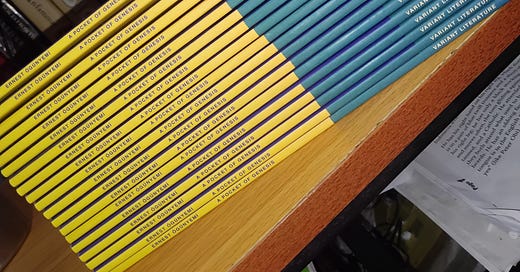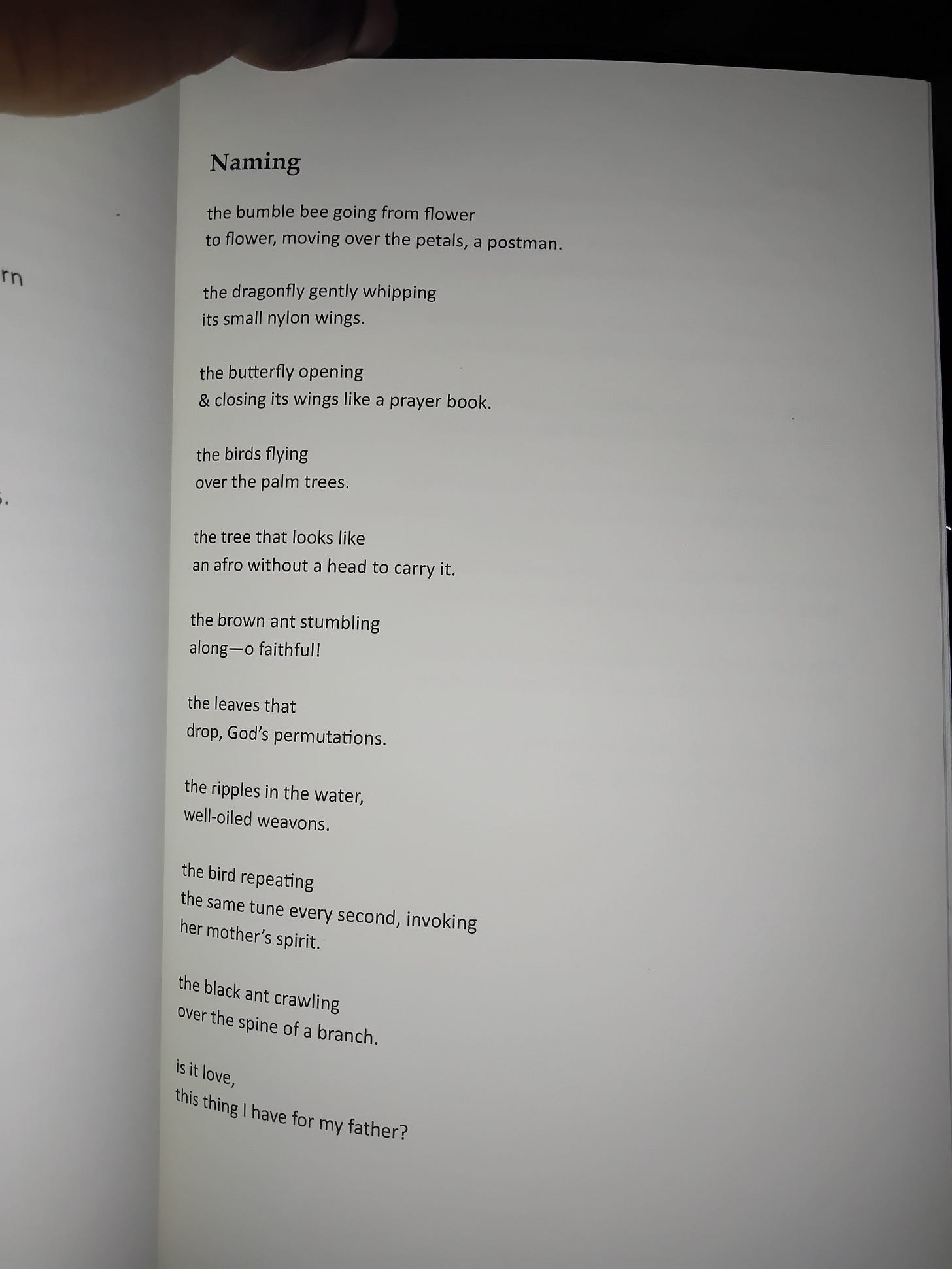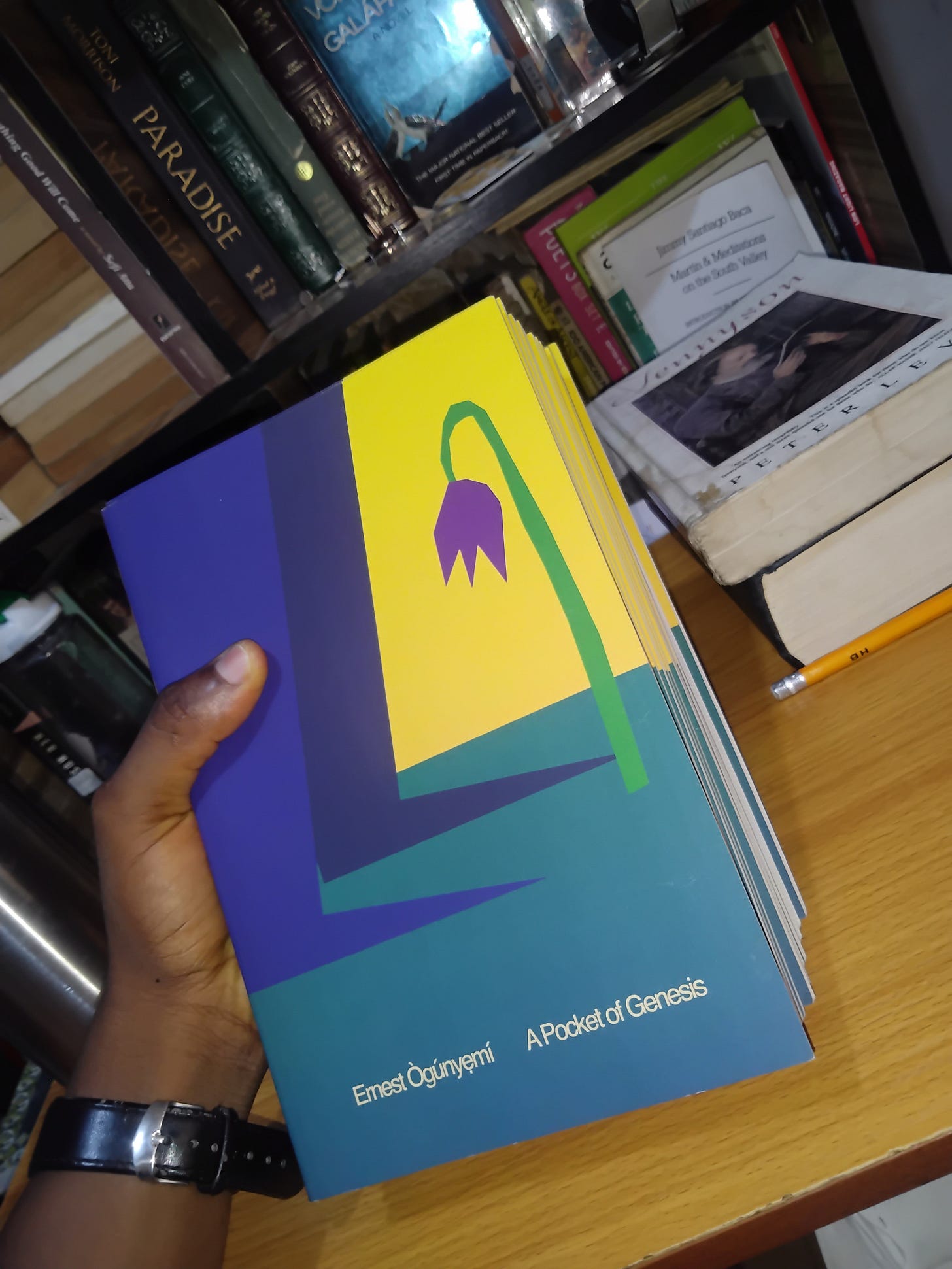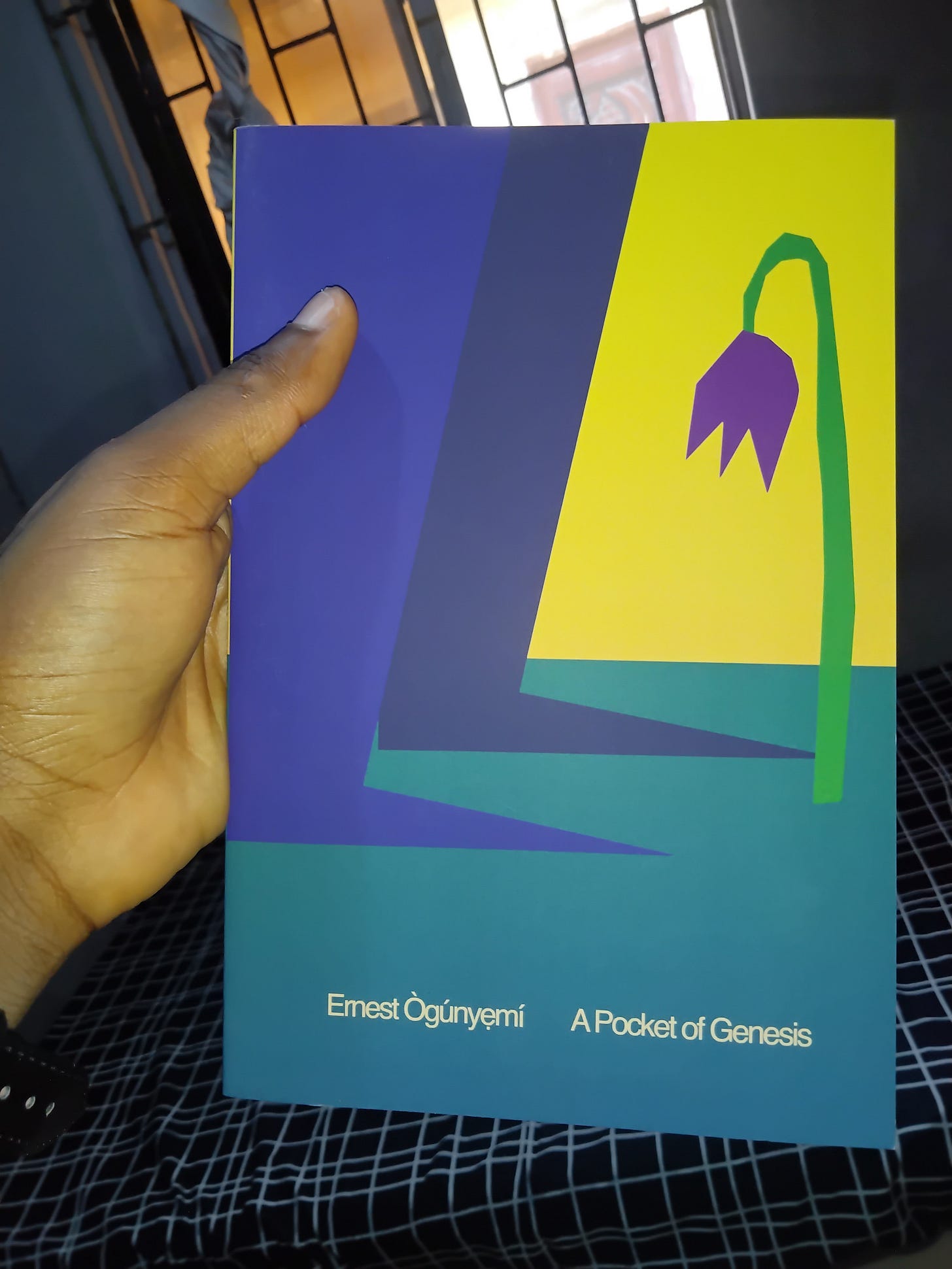Sometime last week, I was biking through the neighborhood while listening to Ravel. Soaked in the after-stuff of the fuel my body had burned, riding back home, I thought of writing to you. The previous day, biking, I had thought of writing, too. But my hands were tied. Now I am able to scribble a few words and send them flying to you.
After coming off the pedals on one of those days, I wrote these words:
“I love biking. I love biking in Obada, where my father built his house. Every time I come home and my sibling’s bike is functioning, I go biking. The environment is serene, the road is not tarred; it is like a widened footpath but very long. Sandy and uneven, stony at some point and rising and falling. I love the arduous work it takes to ride up the stony high section of the road and the risky sweet feeling of sailing down when returning. I sweat a lot. I like the feel of the breeze in my face. Around me are plenty of bushes, croaking things, twinkly voices. It is one thing I can do without thinking too much or even having to think at all about consequences. You don’t have to be a great biker, you don’t have to get it right, just fumble your way with the pedals and make sure you are moving. I ride faster now and I do it better. My handbag strapped to my shoulders, containing a biography of Tennyson, my tab, my power-bank, my laptop, I pump the pedals and just move. It’s one of the great delights of life.”
I am back in Lagos. I miss the wind that played on my face while I biked, I miss the environment; but I love it here. My room is a single room: with a kitchen and a toilet. A bookshelf (I am currently sitting on the floor with my back against the shelf) and books on top and around the shelf. A reading chair and table that I love. A mattress thrown on the floor, bare now because sometimes I like to keep the sheets off. It is low light, late evening, a beeping sound is coming from this game-shop nearby. An echoing quiet. I want to play “The Lark Ascending” (which is playing vaguely in my mind).
I recently received copies of my chapbook, A Pocket of Genesis, which was published by Variant Lit in 2023. They are beautiful things. I took a signed copy home to my father and I was glad at how glad he was, at how glad my siblings were. They joked that I am not as handsome as the guy photographed on the inner-side of the book, and I could not disagree. I smiled sheepishly. My father said, “All these poems are about your mom. You cannot even write anyone for your dad.”
I pointed out a poem titled “Naming.” I wrote this maybe four years ago. In a bush not far from the house. I was smoking weed and watching a bumblebee do its thing and I felt moved to praise. My father was on my mind, too, so it ended with a striking question: “Is it love / this thing I have for my father?” The editor of the Southern Humanities Review, where it first appeared, was perceptive: she saw that the father could also have been God. I showed him that poem. He saw through my trick, but half-bread is better than none.
He messaged me a few days ago to say he needed that poem about nature. He is taking an online course at Brigham Young University (my father is a “Mormon”). He needed the poem for an assignment on nature and God. He typed up the poem, added my name as “the author,” with “my son” in brackets next to the name. I encouraged him to add a note; he wrote a note. Then he said, “The poem actually depicts the beauty and mystery of creation,” and: “Am proud of your intellectual capabilities. I no waste money at all.”
In Abeokuta, I visited the retirement ceremony of one of my teachers. I saw a teacher who had taught me very briefly—for about a term or so—when I was in SS1. She taught me English. I was pained when she was transferred. I wrote her a letter when she left (I still have a copy of this letter, I wrote two), because she had spoken very encouraging words to me. She wrote me back and called me a “STAR” in all caps. (When I was home, I ransacked the whole house to find that letter and couldn’t find it. I still saw it about six months ago and it is one of my treasured possessions. I am pained but I don’t think it is lost. I probably brought it to Lagos.)
When I was about leaving, I decided to give her a spare copy of my chapbook. Mrs. Ayoola (she is the mother of Goodness Olanrewaju Ayoola, a Nigerian poet) graciously asked if it had been signed. I signed it and gave it to her.
On my way from Obantoko, I had this sense of unease. One, my handwriting was not so good, so my signature was horrible. (Mrs. Ayoola’s handwriting is like her dressing, neat and elegant.) And I worried about my grammar in the book: what would she think about the acknowledgment page, where I wrote like I had no respect for the history of the English language? Have I done enough to make that woman proud?
The whole thing set me thinking about the words of Seamus Heaney: “An order where we can grow up to that which we stored up as we grew.” That encapsulates my philosophy as a poet. I want to “grow up to” what I have gathered in growing up: to grow up, to mature to those who have taught me and shared a piece of themselves with me (like Mrs. Ayoola, Mrs. Onaolapo, Uncle K., Mr. Adeeko, my father). I want to take their dreams to places never before imagined. Their lives are involved in mine, and what I become, where I get—none of it would be without their help. I owe it to them to go as far as I can go.
A few hours ago, I had my back against the same bookshelf, reading English poetry. And I thought to myself, “You are living the dream.” I am living the life I imagined as a teenager. In fact, this is far better than what I imagined. I can sit down all day and read poetry. I can write what I want to write. I can wake up and take my bag and go on a vacation by the sea at a cheap hotel to write. I am not making much money, but I can afford a cup of coffee and seven flasks of tea each day. A bottle of groundnut, sugar, garri, milk. I can play Bach or Brahms and think long and hard about what I am hearing. I am on my way to being a father and a husband; on my way to being Kipling’s kind of man. A few young writers write to me almost in awe. What mercy I have received.
I have this “thing” in my throat. I have written a poem about it: “Ode to my elongated uvula.” I am not sure the thing is an elongated uvula, though. I feel like there is a thing lodged in my throat. I cough and cough, sometimes it’s a rack. Nights I hurt the night with my coughing and worry, less for myself than for my neighbors. Yesterday, I decided to Google. I have Googled it before but I did again.
It turns out there may be nothing in my throat: it’s a thing called “globus sensation.” You feel that there is something in your throat but there is nothing there. It is common. In my case, I think it is both globus and something else: I produce a hell of a lot of saliva. Which preceded smoking but was worsened by smoking and—and antidepressants.
Surfing the web, I was reminded, the Lord reminded me, that once upon a time, I would Google the same thing in despair, believing that I would never be free from depression. I have been free for four years. And I cannot believe the life I have. It is astonishing—the mercy I have received astonishes me. The other day, I was signing copies of my book and putting them in a brown envelope, feeling myself. I who would have died like a dog.
What can I say? Thank God. Thank God for how far He has brought me, and for how far He will take me. I have dreams. To some people crazy but to me very ordinary dreams. But my today is the stuff of dreams. I wept this moment, despaired over the ghost of it.
I don’t want to sound like a pastor. What I am saying to you, I am saying to myself. It gets better. God delivers. Dreams come true (dream them, dream crazy). Time is not my enemy. Destiny is your friend. This year, anchor yourself in God.
In other news, (1) buy A Pocket of Genesis here. (I assure you, I need the money.) (2) My first publication for the year is an essay on the Nigerian poet John Pepper Clark-Bekederemo. It was published today in the new issue of Efiko. (3) The issue includes six poems selected by me: from the fine poet Prosper Ifeanyi, from Egbon Dami Ajayi’s debut, Clinical Blues, and from Adeniyi Odukoya. (4) Also, read these two essays by Nigeria’s finest literary critic, the inimitable Ancci: “Youth, Poetry, and the Nigerian Traumatic” and “The Poet as Historian: On Antonella Anedda’s ‘Historiae’.”
Watch out for Notes on Craft 4, it should be out by the end of the month. God be with you. 🔷







Oh man! I'm so glad.
I’m so so proud of you. Always and always